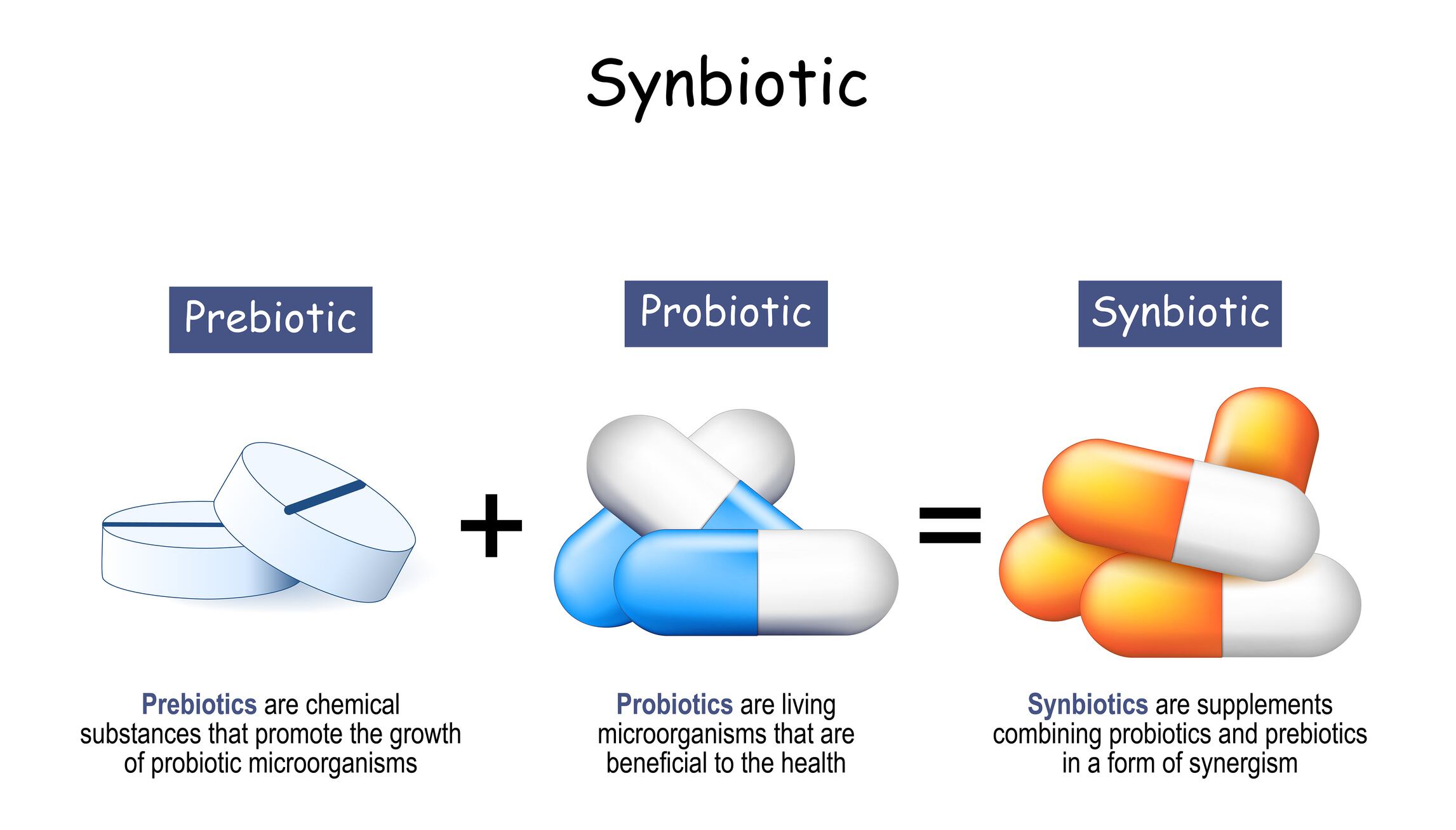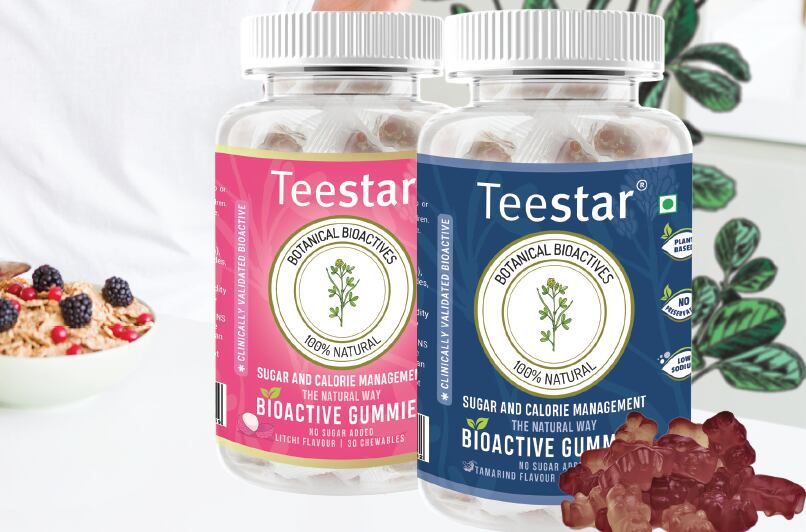Researchers from Chulalongkorn University in Thailand wanted to build on previous studies looking at the impact of a specific synbiotic combination on obesity.
Past literature found that combining certain Lactobacillus and Bifidobacterium genus species helps with weight loss, by altering the gut microbiota composition to improve metabolic parameters.
A major finding was the significant improvement in the body composition, antioxidant status, and gut microbiota of overweight and obese individuals.
The study was funded by two Thai government agencies – National Science and Technology Development Agency (NSTDA) and National Research Council of Thailand (NRCT), and the company, Absolute Well Being Group Co., Ltd., which provided the symbiotic supplement, List flora®.
Key findings
Body composition
The treatment group saw a decrease of 2.57% in waist circumference and decrease of 4.21% in body fat percentage; while the placebo group saw a 0.92% increase in waist circumstance and no changes for body fat percentage.
Minami et al. and Kim et al. demonstrated that two probiotic strains are primarily responsible for weight loss: Bifidobacterium breve B-3 and Lactobacillus gasseri BNR17.
“Based on the promising results of previous studies, it is reasonable to suggest that the inclusion of these probiotic strains in symbiotic interventions may have a positive impact on improving body composition in the current study,” the researchers added.
Antioxidant status
While an improvement was noted in the measurement for antioxidant status for the treatment group at week 12, no significant difference was found between treatment and placebo groups.
Obesity is shown to be strongly associated with the elevation of oxidative stress. However, the selection of probiotic strains is key to enabling the effectiveness of the symbiotic combination:
“While previous studies have not identified significant changes in antioxidant levels following the consumption of a specific symbiotic containing certain probiotic strains (2 _ 1010 CFU of L. paracasei, 1 _ 1010 CFU of B. longum, 2 _ 1010 CFU of B. breve) and prebiotics (5 g of inulin and 5 g of FOS) for 12 weeks, our findings indicate that symbiotic consumption may have a beneficial impact on improving plasma antioxidant status. It is possible that the discrepancy in results may be attributed to the use of different probiotic strains in the intervention.”
Gut microbiota
While the study noted an increased gut microbial diversity for the treatment group, there was no significant difference with that of the control group.
“There could be several possible reasons for this, such as the supplement lacking a sufficiently diverse range of bacterial strains, or the intervention being too brief to detect changes in beta diversity. Additionally, it is possible that the supplement is targeting specific microbial groups rather than promoting overall changes in the community composition,” the researchers explained.
However, the Firmicutes/Bacteroides (F/B) ratio and Firmicutes abundance saw a significant decrease for the treatment group at week 12 compared to the placebo group. A decreased F/B ratio is shown to be associated with reduced waist circumference and body fat.
Study methodology
This was based on a 12-week randomized, double-blind, placebo-controlled clinical trial on 63 overweight and obese individuals aged 18 to 45 years old.
Randomised into two groups, the treatment group consumed a sachet of List flora® daily, while the control group consumed 2g of maltodextrin daily.
List flora® encapsulates 37 x 10 9 colony-forming units (CFU) of a blend of seven different probiotics and 2g of fructooligosaccharides. The seven probiotic strains are Lactobacillus rhamnosus LR3, Lactobacillus gasseri BNR17, Lactobacillus salivarius LS1, Bifidobacterium lactis BL2, Bifidobacterium longum BG3, Bifidobacterium breve BR2, and Bifidobacterium infantis BT.
Participants had their anthropometrical measurements, blood collections, faecal samples, dietary assessments taken at baseline, week 6 and week 12.
“The symbiotic treatment showed notable improvement in body composition (waist circumference and body fat percentage), antioxidant status, and gut microbiota (Firmicutes abundance and the F/B ratio) in overweight and obese individuals over 12 weeks.
“However, at the end of the study, there were no significant differences in body weight, BMI, waist circumference, or percentage of body fat between the symbiotic group and the placebo group.
“These findings suggest that symbiotic consumption may be a viable strategy for promoting overall health in these populations, although further research is warranted to determine its long-term effects,” the paper concluded.
Source: nutrients
“Effect of a Multispecies Synbiotic Supplementation on Body Composition, Antioxidant Status, and Gut Microbiomes in Overweight and Obese Subjects: A Randomized, Double-Blind, Placebo-Controlled Study”
Authors: Oraphruek, P., et al.




